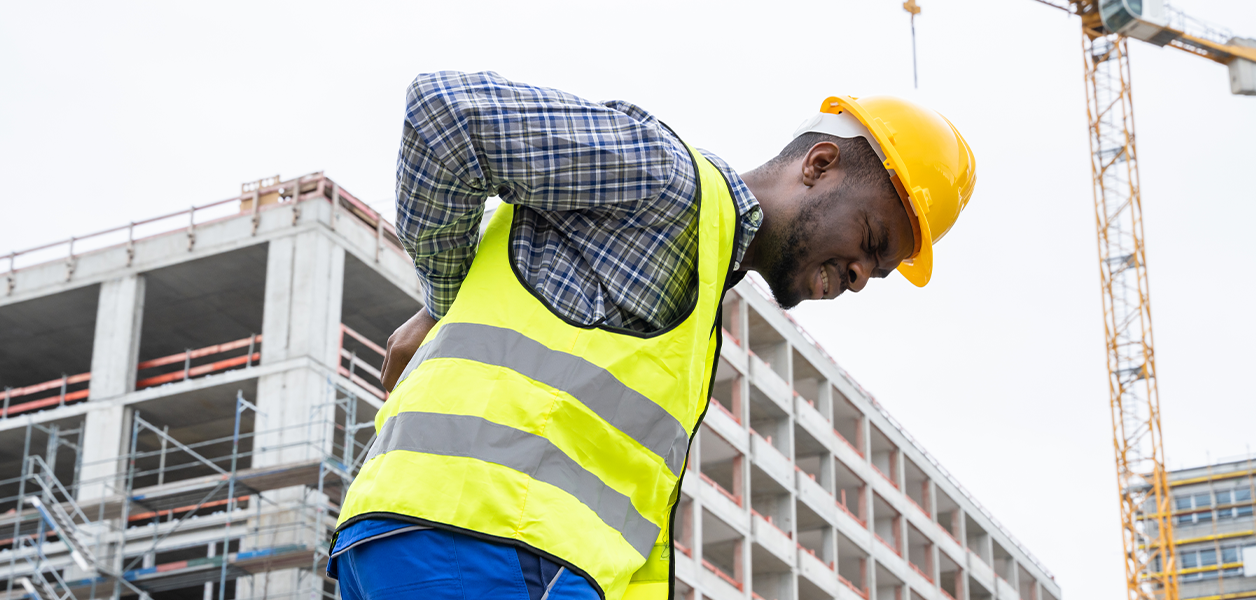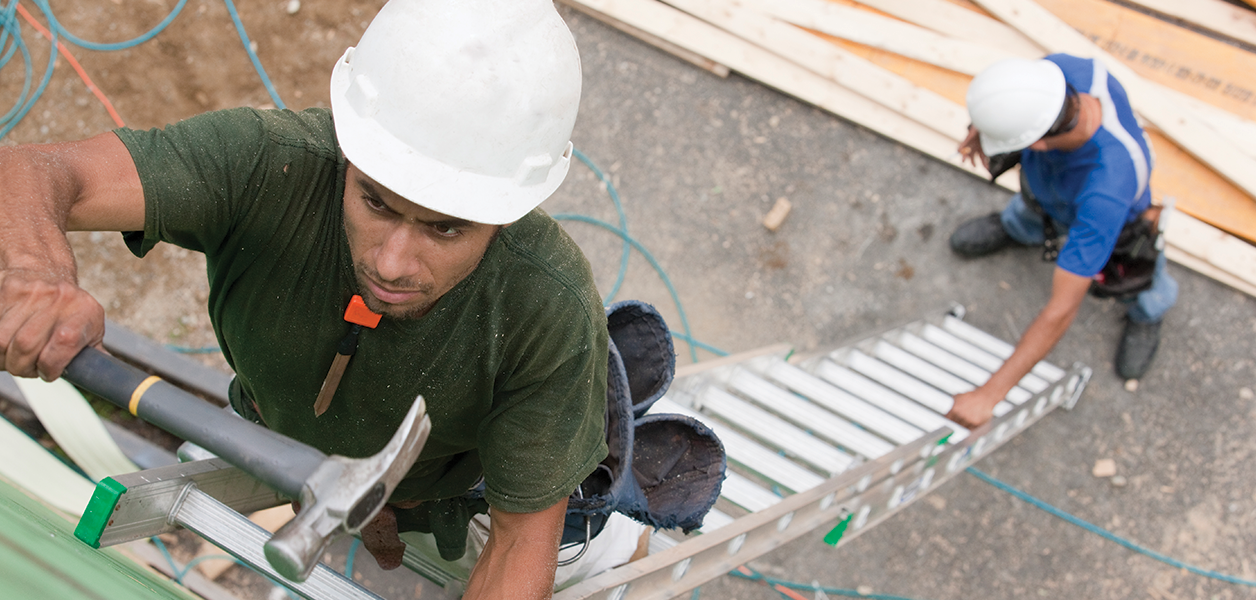A recent study from the Workers Compensation Research Institute shows injured workers are more likely to experience psychosocial risk factors that can lead to “poorer functional recovery,” according to Safety+Health magazine.
Britain’s Health and Safety Executive defines psychosocial risk factors as “things that may affect workers’ psychological response to their work and workplace conditions (including working relationships with supervisors and colleagues).”
Workers Compensation Research Institute researchers used data from more than 131,000 documented “episodes of care” collected at physical therapy visits for patients experiencing low back pain between 2017 and 2022; of those, nearly 8,000 episodes were covered by workers’ compensation.
About 33% of workers’ compensation patients with low back pain had high scores for psychosocial risk factors, such as poor coping, catastrophizing, fear avoidance, perceived injustice and poor recovery expectations. The Workers Compensation Research Institute said such factors often prolong disability and return to work, especially for musculoskeletal injuries.
Early identification of psychosocial risk factors is recommended by occupational medical treatment and disability guidelines.
“Despite the growing recognition of the importance of psychosocial factors in recovery, there remains a lack of comprehensive understanding of their prevalence, impact and potential interventions, especially within the workers’ compensation system,” said Sebastian Negrusa, vice president of research at the Workers Compensation Research Institute. “This study aims to fill some of those gaps.”





